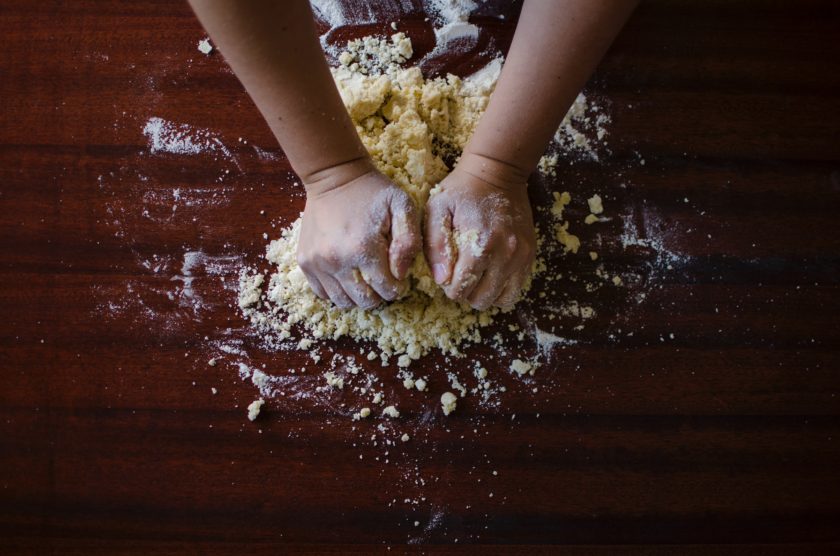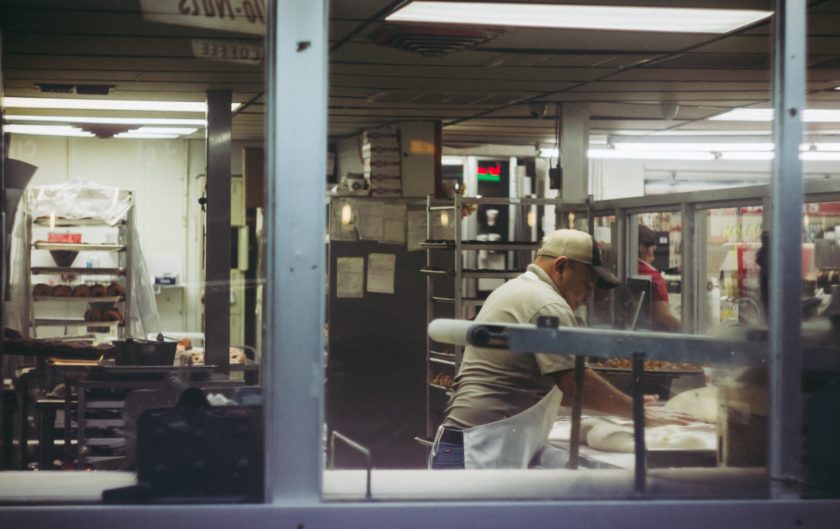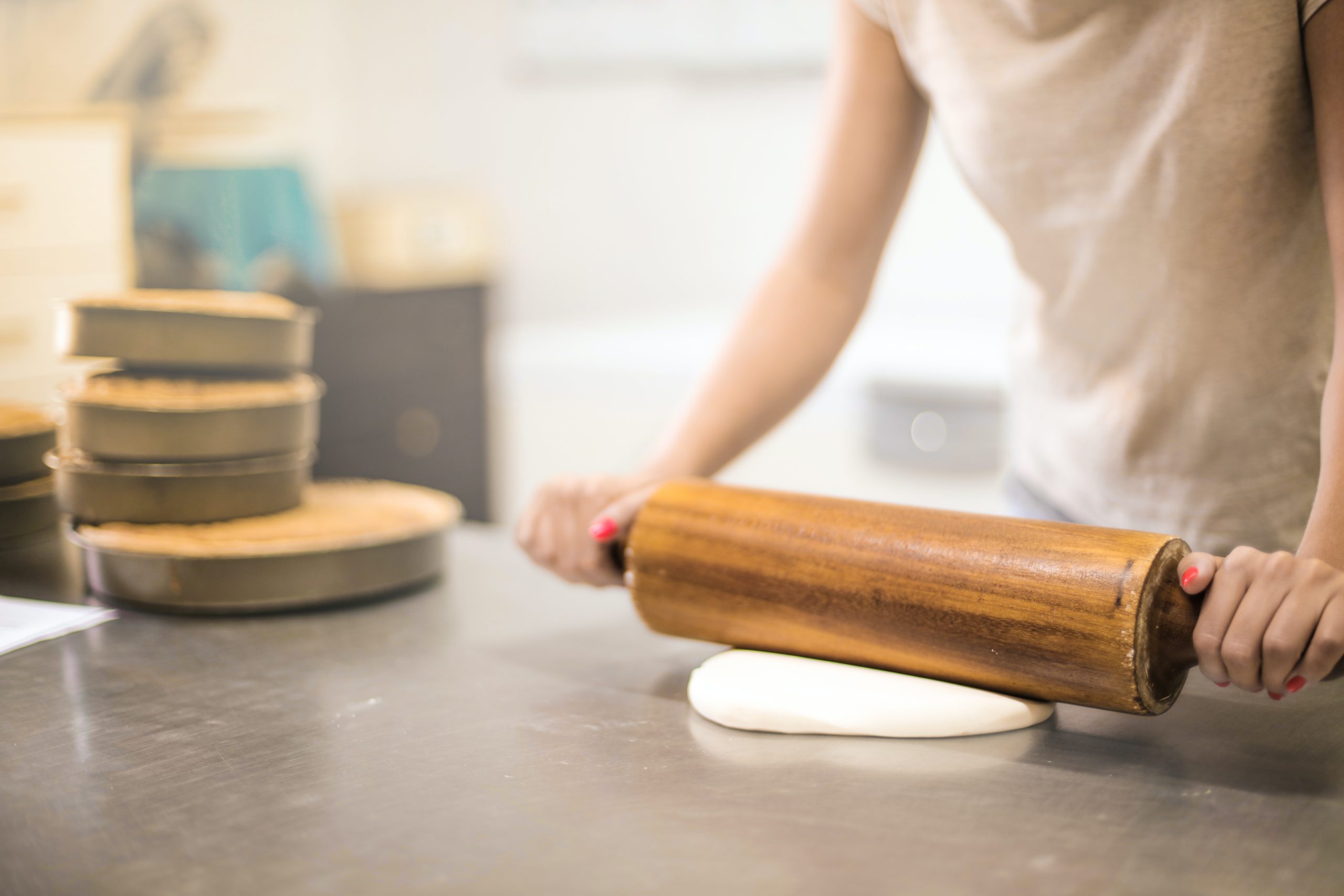If you love baking, then the chances are that you have heard some great advice from experts over the years. From pastry chefs to home bakers, there is a wealth of knowledge out there just waiting to be tapped into. But if you’re looking for some smart pieces of baking advice from professionals and experienced bakers alike, here are 6 essential tips for baking success. Whether you are a novice or an expert baker, these top six pieces of wisdom are sure to help elevate your skillset and take your creations to the next level. So read on!

1. Mastering Different Ingredients
Knowing the right ingredients to use and how to work with them can make a huge difference in the outcome of your baked goods. Take time to learn more about different types of flour, sugars, spices, and other baking ingredients so that you can substitute or modify recipes as needed. One of the most difficult skills for novice bakers is mastering gourmet baking chocolate that’s available in specialty stores. Learning how to properly temper this type of chocolate is an essential skill for any serious baker, especially if you want to create delectable desserts.
2. Preparing the Perfect Baking Environment
Having a clean and well-set-up kitchen is key for any baker. A few essential pieces of equipment you should always have on hand include an oven thermometer, digital scale, mixer, cake pans, and parchment paper. And don’t forget about the importance of having a great cooling rack ready to go! It can be tempting to skip these steps but keep in mind that if your environment isn’t prepared properly it can lead to disaster down the road. While prepping your kitchen may be a bit of a hassle, it’s worth it to ensure that your baking turns out just right.
3. Perfecting the Basics
From mastering the art of making perfect pie crusts to learning how to create light and fluffy cakes, many baking basics need to be perfected before moving on to more advanced recipes. Don’t get frustrated if you don’t nail it on your first try – practice makes perfect! Also, don’t forget about all those delicious desserts like biscuits, muffins, and scones that are much easier than you think they are. Start with these basics before moving on to more complicated creations so you can build up your skill level over time. You’ll be glad you did!
4. Taking Time to Measure Accurately
Measuring ingredients correctly is one of the essentials for successful baking. Accuracy is key, so make sure to measure both dry and wet ingredients carefully. If a recipe calls for 3 cups of sugar, don’t eyeball it – use the measuring cup and spoon to ensure you get it just right. And if a teaspoon isn’t enough or too much, break out those measuring spoons and use the exact amount called for in the recipe. It may seem tedious at times, but taking this extra step will help make sure your dessert turns out like magic every time!
5. Knowing When To Stop Baking
One mistake that many novice bakers make is overbaking their goods. It’s important to know when your baked item is done baking and take it out of the oven at the appropriate time. An easy way to tell if a cake or muffin is finished baking is by lightly touching its surface. If it springs back up, then it’s ready to be taken out. Other items like bread may require a different approach – check for a golden-brown color on top and tap the bottom for that distinct hollow sound to ensure it’s fully cooked.
6. Experimenting With New Recipes
Trying new recipes can be an exciting adventure as a baker and allows you to learn more about flavor combinations, ingredient ratios, and techniques used by other bakers. Even if you have a favorite recipe that always turns out great, challenge yourself to try something new every once in a while. You never know what gems you may discover. For example, you could try a signature recipe from your favorite bakery or take inspiration from a cookbook and make it your own. The possibilities are endless!

The most successful bakers are typically patient individuals who understand that baking is a process. Not every item will turn out perfectly the first time, so be prepared to make adjustments as needed based on what you learn during the baking process. Don’t give up too soon – if something doesn’t work out, look for ways to troubleshoot it and figure out what went wrong so that you can do better next time. Patience pays off in this craft!

